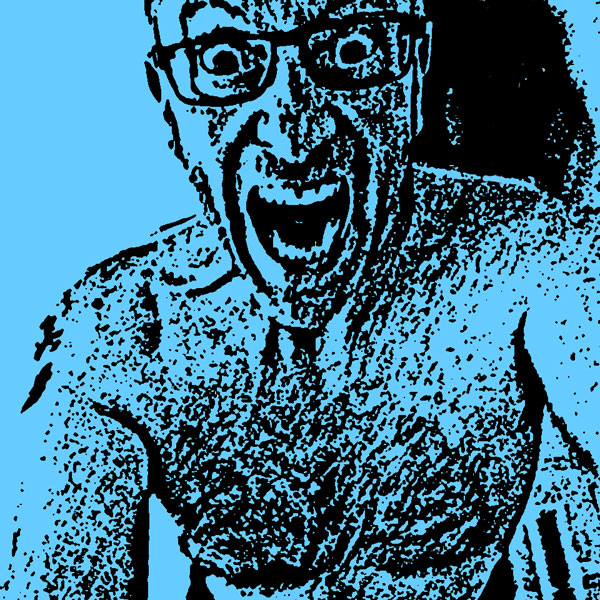I would happily be wise.
The old books teach us what wisdom is:
To retreat from the strife of the world
To live out the brief time that is your lot
Without fear
To make your way without violence
To repay evil with good –
The wise do not seek to satisfy their desires,
But to forget them.
But I cannot heed this:
Truly I live in dark times!— Bertolt Brecht, An die Nachgeborenen, Final Stanza, Part I, 1939
Scott Horton, trans. (Harper’s Magazine, 2008)Lessing Memorial Photo: Copyright 2005 Lienhard Schulz.
Through certain resonances, In Dark Times names ‘the place’ from which we are writing. The resonances have to do with insisting on the public use of reason–on the fly, with ones back against the wall–and in passionate dialogue with the best of friends.
In Dark Times started with our observation, in the days immediately following the 2016 presidential election, that people seemed to be saying these words repetitively – “clearly, we’re living in dark times.” We can no longer recall all the places where we heard it and saw it. One exception worth noting, however, is the article by journalist and author Sarah Kendzior on the Dutch journalism site, “The Correspondent” in the week after the election. The Kendzior piece is called, “We’re heading into dark times. This is how to be your own light in the Age of Trump.”
From here, we next thought about Berthold Brecht, with whom the phrase is most commonly associated, as quoted above, trying to make art on the precipice of the disaster. Of course there is also his famous motto: “In the dark times, will there also be singing? Yes, there will also be singing, about the dark times.”
From Brecht, the trail of In Dark Times leads to Hannah Arendt, whose Men in Dark Times (1968) takes the Brechtian poem as an epigram, and paints portraits of exemplary individuals whom she thought managed to live and act with integrity despite the exigencies of the troubled times in which they lived. The figures she dwells upon, like Gotthold Ephraim Lessing, Karl Jaspers, and Walter Benjamin, were especially noteworthy, she thought, for their refusal to retreat into the realm of the private thinker, but rather remained committed to the public use of reason.
Arendt’s essays are primarily concerned with these figures as persons – how they lived their lives, how they were in the world, how they were affected by their times. She concentrates on how the words and deeds of each person illuminated the darkness of the public realm. Each essay presents an individual, heroic in their singularity, with their integrity shining brightly, since they are surrounded by darkness.
Writing about Arendt in her talk “Humanity in Dark Times” Siobhan Kattago says that darkness refers to the lack of a public sphere, and a shrinking of the world that people share in common. As for the world that is shared, Kattago writes that the world as such lies between people; an in between place that is cultivated through friendship, critical thought, in writing and speaking with others. In the reflection on Lessing, Kattago concludes, Humanity is not an abstract concept, but most closely linked with the qualities needed for friendship. As Aristotle writes about friendship in the Nichomachean Ethics, friends, in the prime of life, are needed to help us do noble actions. So, what must Friendship have to do with the political? Friendship, it seems, per Arendt, makes political demands because friends share the world in which their friendship is rooted.
In Dark Times is nothing more and nothing less than the demand, of two close friends of more than twenty years, that the world between them, the world of their friendship, should not cease to exist.



